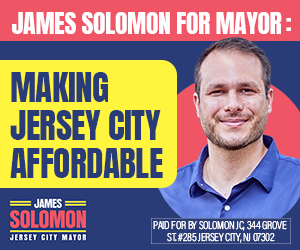Business
New Jersey minimum wage will rise to $15.49 on Jan. 1
New Jersey’s minimum wage will rise to $15.49 for most workers at the start of the new year, state labor officials announced Tuesday.
The 36-cent increase is the first annual inflation adjustment to the state’s wage floor following a six-year phase-in that was meant to bring the minimum wage to $15, though high inflation in 2023 spurred an indexing adjustment that brought minimum hourly pay to $15.13 instead.
“Aligning the state minimum wage with any increases in the cost of living is a critical step towards economic fairness and security for all New Jersey workers,” Labor Commissioner Robert Asaro-Angelo said.
At present, New Jersey has the fourth-highest minimum wage in the nation. Only California, Washington, and Connecticut set a higher wage floor. Twenty states default to the federal minimum wage of $7.25, which was set 2009.
The minimum wage for seasonal businesses and those with five or fewer workers will rise by 80 cents to $14.53, while the wage floor for farm workers will go from $12.81 to $13.40 an hour.
Those increases are part of a phase-in that will bring the wage floor for farm workers or workers at small and seasonal employers to $15 by 2030 and 2028, respectively. Wage floors for such workers will also index annually after their respective phase-ins are complete.
The tipped worker minimum wage will rise by 36 cents to $5.62 per hour, and the maximum tip credit paid to such workers will remain at $9.87. That means tipped workers will earn no less than $15.49 per hour under state law.
The minimum wage for workers in long-term care centers will rise to $18.49 on Jan. 1. A state law enacted in 2020 requires the wage floor for such workers be $3 higher than the state’s base minimum wage.












